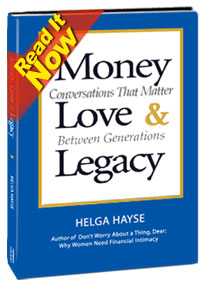A driver in his mid-nineties was trying to parallel park on a busy street in Palo Alto during the height of the lunchtime hour this week. The driver hit the accelerator instead of the brake and slammed into a pedestrian and four people seated at tables outside of a restaurant. Two of them needed surgery, the others had cuts and bruises. The driver could just as easily have killed them all. The police are calling this a tragic accident and, pending further investigation, don’t plan to file criminal charges.
The DMV requires that the driver take an ’emergency retest’ to see if his license should be taken away. Really? If he passes his retest, will they let him out on the road again? He wasn’t drinking. He could have been doing drugs, perfectly legal drugs that impair his ability to respond quickly, to coordinate his eye, hand and foot movements, to judge distances and inhibit his responses.
Actually, what he was doing is criminal. He shouldn’t have been driving in the first place. The people he injured may suffer permanent health problems or be disfigured. Our collective insurance rates will rise because his insurance company will have to reimburse the people he injured. If he had killed the five people he injured, their families would have suffered serious consequences.
The Department of Motor Vehicles should draw a line in the sand. No matter how well a 90- year-old sees or how many questions he answers correctly, he’s too old to drive. No matter how sharp his memory or what a good dancer he still is, behind the wheel of a car, he is a potential menace. If he hands in his keys voluntarily, let’s give him a medal. If not, let’s deny him a license.
Ninety is not the new 70. The body and brain that worked well two decades ago isn’t doing so well. Don’t endanger the rest of us in the name of beating the aging game. If you’re in your 90s, hand in your keys. If your parents are in their 90s, for your sake and theirs, take the keys.It’s time to draw a line in the sand.

